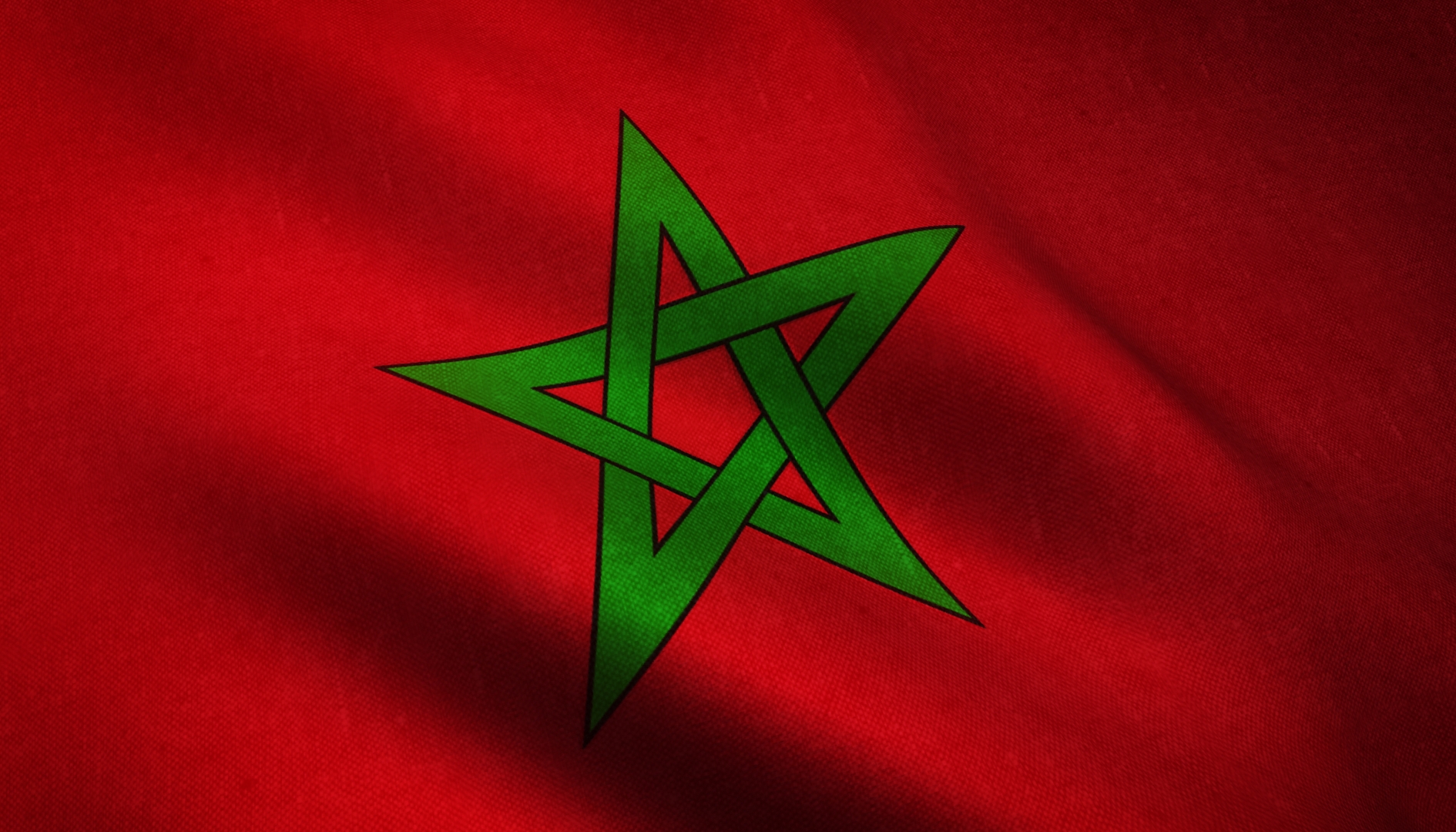Morocco is one of the most accessible exotic places for visitors from Europe and the United States. Morocco's well-established hotel, tourism, and recreational sectors are making it one of the most popular destinations for vacations, conventions, and retirement. Rabat (capital), Marrakesh, Casablanca, Fes, Tangier, and Meknes are the major cities. Morocco's hospitable reputation has made it a popular tourist and business destination.
A geographically important site
Morocco is located in the far northwest of Africa and is the closest African country to Europe, separated from Spain by only 9 miles of Gibraltar straits. It covers an area of over 280,000 square miles and has a coastline of approximately 2,120 kilometers.
Population
The current population of Morocco is 38,181,832 as of Thursday, June 1, 2023, based on Worldometer elaboration of the latest United Nations data, with 50 percent living in cities and 60 percent under the age of 25. The majority of the population is Muslim, however there are significant Christian and Jewish communities in Casablanca and other towns around Morocco.
History
Morocco has been inhabited since extremely early ancient periods, as evidenced by numerous archaeological relics. Before the Arab invasion in the eighth century, the Phoenicians, Carthaginians, Berbers, Byzantines, Romans, and Vandals arrived.
Language
Morocco's rich past has resulted in a bilingual society, with the majority of individuals fluent in many languages! Morocco's official languages are Arabic and Berber. Morocco's tight relations with France since the protectorate are still visible in trade, education, and the press, as well as in everyday dialogue. Other frequent foreign languages are Spanish, especially in the north, and English, which is becoming more popular in tourist regions.
Religion
Although Islam is the official religion of Morocco, it coexists peacefully with the other religions.Morocco is the only nation that can accommodate a sizable Jewish population without difficulty.
Currency
The Moroccan dirham (MAD or DH) is the country's currency.Notes in denominations of 200, 100, 50, 25, and 20 dirhams, as well as coins in denominations of 10, 5, 2, and 1 dirham, 50 cents, 20 cents, 10 cents, and 5 cents.
Weather and clothing
Morocco has a warm Mediterranean climate. In the desert and mountains, the temperature range is more intense. Even on warm days, a jacket or a shawl may be appropriate for nights. Comfortable shoes are required. Women will feel more at ease if they avoid wearing short skirts, tank tops, or other more exposing apparel.
Time
Morocco's time is GMT from October to April, then the nation switches to daylight saving time from the end of April to September 30th (excluding the sacred month of Ramadan), hence the dates change from year to year.
Electricity
220 volt electrical connectors in the French style.
Food
Moroccan food is considered to be among the best in the world. Couscous (steamed semolina with vegetables, lamb, or chicken), Mechoui (oven-roasted lamb), Pastilla (fine pastry stuffed with chicken and almonds or Fish), Tagine (lamb or beef stew with vegetables steamed for hours in an earthenware dish covered by a cone-shaped lid), and pastries with a combination of almonds and honey ("Cornes de gazelle", almond filled pastry crescents are the best).
Drinks
Visitors may consume alcoholic beverages, there is no restriction for that.Mint tea, an infusion of mint leaves with green tea, is the most popular Drink in Morocco. Although tap water is safe to drink, travelers are advised to drink mineral water.
Requirements for Entry
Morocco requires a passport to enter the country.American and most European people do not require a visa; nevertheless, your passport must be valid for at least 6 months after your return.
Customs procedures
Personal items, including cameras, can be temporarily carried into the nation without procedures. Before entering the nation, firearms, audio-visual materials, walkie-talkies, laptops, and conference equipment must be licensed. A full list must be sent to your DMC, who will need to hire a forwarding agency
Banks
Monday through Friday, 8.30 a.m. to 3.45 p.m.
Post Offices
Monday through Saturday, 8.30 a.m. to 12 a.m. and 2.30 p.m. to 6 p.m.
Medical assistance
There are private clinics in every major city, as well as government hospitals in many. There are also independent medical professionals who are available. All services will be charged right away. Each town has a plethora of pharmacies. Outside of normal business hours, each municipality has an emergency pharmacy and a late-night pharmacy, which is commonly housed in the town hall.


